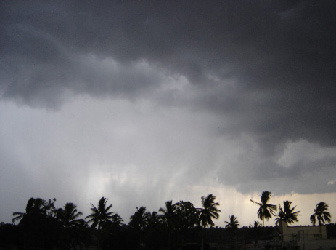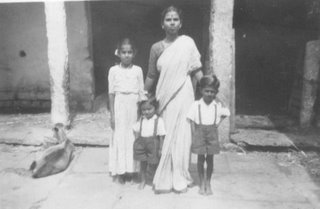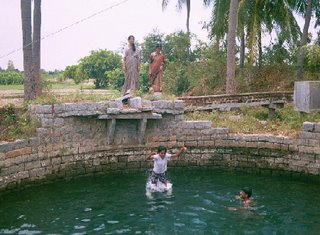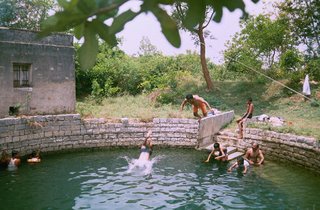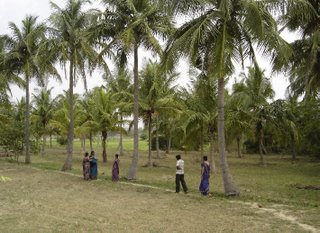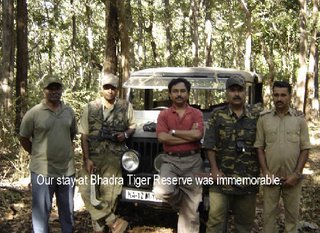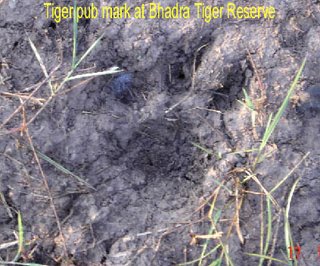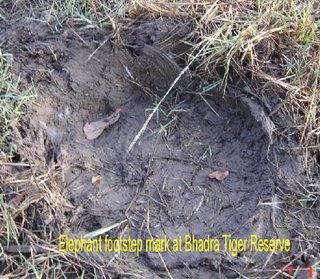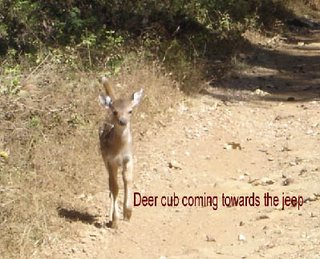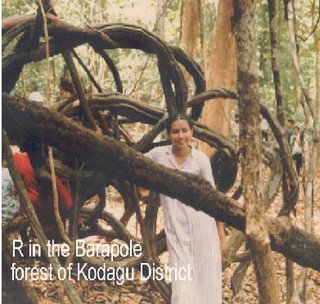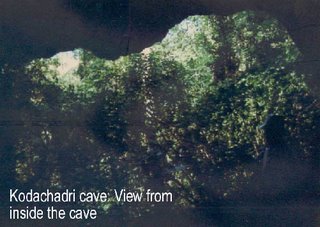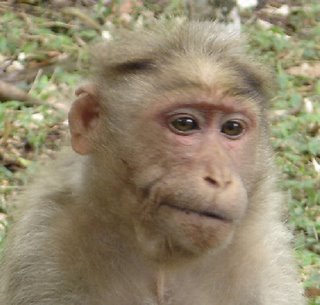
Of all the simians Bonnet macaques are an interesting lot. They are amazing creatures because of their inordinate ability to successfully adopt to almost any kind of environment and the intense love–hate relationship that they enjoy with the people of southern India. They are ubiquitous in India. They have a tendency to settle in and around human habitations, may be because of easy availability of food. This tendency has often naturally led to serious conflict between the monkeys and the people whose crops and homes they raid; such situations continue to remain problematic even today.
As a kid I was very afraid of them. They were there every where in town and occasionally snatched our school bags thinking it contained eatables. They snatched eatables from our hands too. It was still horrible at Antharagange Hills. We were never allowed to have a peaceful outdoor meal. They were so experts in snatching the food, they come from behind and before you notice and raise an alarm your food is gone. They are a nuisance and a nightmare.
Inspite of all this, people call them as monkey gods and very rarely kill them. Dead monkeys are given a ritual burial. Watching them is an enjoyable experience, particularly young ones- they are very playful, naughty and very `human'. I tried to photograph a pair of playing macaque infants on Nandi Hills. They were so agile and active, I could never freeze in my camera. Children many a times are scolded for `acting like monkeys'. Mother macaques with babies are so graceful and protective.
I tried to photograph them whenever I had camera. This snap was taken at Mysore Chamundi Hills
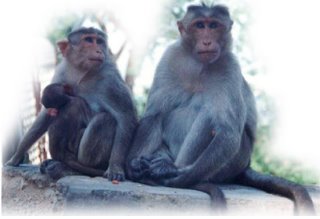
This one at Lepakshi, Andhra Pradesh
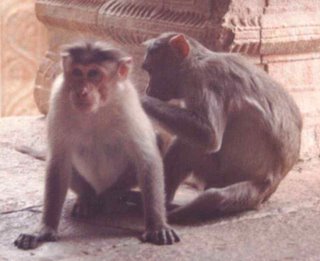
and this one at Tirupati.
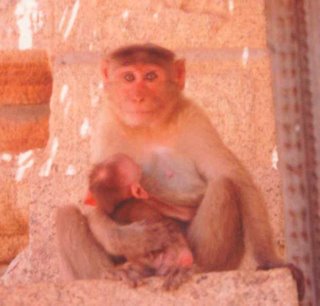
Rest of the snaps were taken at Nandi Hills.
And now for some scientific information. Scientifically they belong to Family Cercopithecidae and its scientific name is Macaca radiata. There are two subspecies in it. Bonnet macaques as their name suggest, appear to be wearing a hat, due to the peculiar lay of their fur. They have a life span of over 30 years. They live in multi-male, multi-female groups with up to 12 males and 15 females.
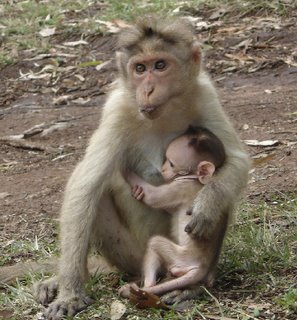
This species defends territories and moves as a cohesive group. They are diurnal, and spend their time in the trees and on the ground. After a gestation period of 165 days, females give birth to one young, which weighs about 400g at birth. The tail is two-thirds the length of the body. They are omnivorous and eat almost everything- fruits, seeds, leaves, flowers, and animal prey, including insects, lizards, and frogs.
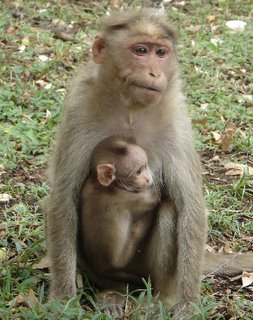
Male and female behavioral differentiation is part of infant socialization. The infant monkey builds its social network through the contacts it makes with others in its society. Male and female infants begin relatively early to emphasize different relationships and activities. Bonnet macaque infants are integrated into society by developing a social network including virtually all members of the society. Females develop their network primarily through grooming and remain closely associated with their mothers. Males rely more heavily on the play group, which includes participating subadult and adult males. These contacts with adult representatives give models for the developing behavioral roles.
They have various signals for communication and expression. Among tactile signals the most important one is the grooming; among visual the body movement, more particularly the face and jaws; among auditory the groaning and shrieking; among olfactory the sniffing. Analysis of such a study reveals that the bonnet monkeys have a communicative system and an organization of their own, which though principally are the same as in other primates, do entail a few minor differences. These features though primitive from the standards of human consideration, are developed to their full advantage, but still remain at a primitive level. By far, the greatest part of the whole system of communication seems to be devoted to the organization, of the social behavior of the group, to dominance and subordination, the maintenance of peace and cohesion of the group, reproduction and care of the young.

Young ones usually remain in their natal group throughout their lives, and during adulthood, form strong, linear, matrilineal dominance hierarchies with daughters occupying dominance ranks just below those of their mothers. Females usually develop close affiliative relationships, with high levels of allogrooming exchanged between genetic relatives as well as between unrelated individuals across the dominance hierarchy. Juvenile and adult males usually emigrate from their natal troops, another typical cercopithecine feature.
What's the latest news?
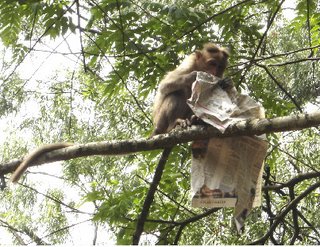
You shameless bugger!

In terms of sexual behaviour, bonnet macaques are typically promiscuous with ample mating opportunities for both males and females. Adult males appear to follow different sexual strategies, with some males forming consortships of varying periods of time while others simply copulate opportunistically with the available females. Finally, although bonnet macaque females appear to be remarkably undiscriminating, mating freely with males of all ages and ranks, females often actively exercise mate choice by rather subtle manipulative strategies. Bonnet macaque females also clearly prefer to sexually solicit new immigrant males over resident males, even if the latter are much more dominant.
Reference:
Anindya Sinha, Kakoli Mukhopadhyay, Anirban Datta-Roy and Sunita Ram, Ecology proposes, behaviour disposes: Ecological variability in social organization and male behavioural strategies among wild bonnet macaques, Current Science, 89, No. 7, October, 2005.
Anindya Sinha, The Bonnet Macaque Revisited: Ecology, Demography and Behaviour, Envis Bulletin: Wildlife and Protected Areas, 1(1), 30–39, 2001.
